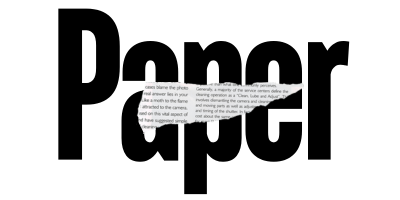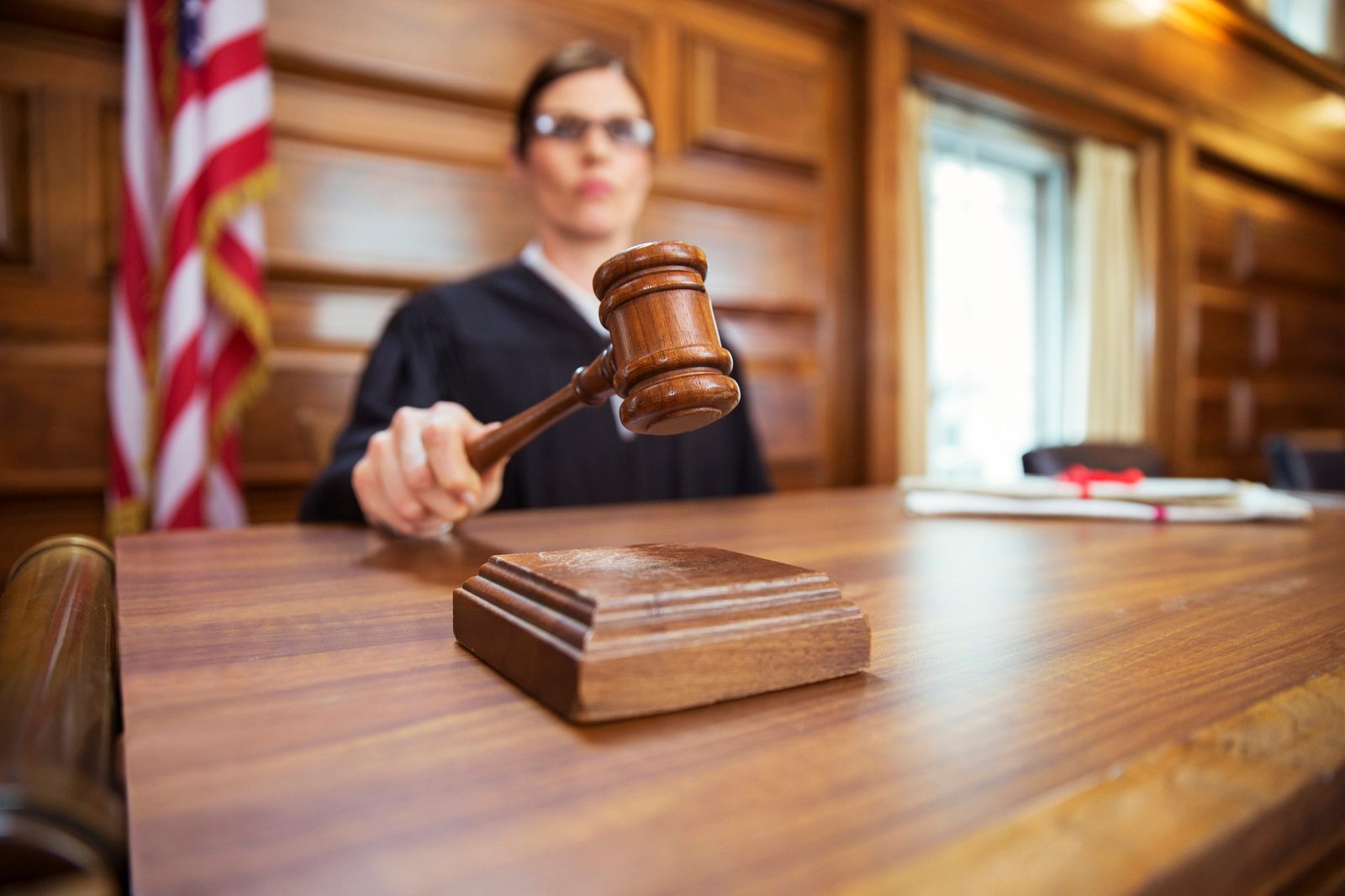Someone who’s facing a criminal prosecution can get a plea deal or plea bargain negotiated outside the court by the defendant and their legal representatives. This helps them avoid severe charges and reduced compensation payouts. But can a judge, after your sealed deal, reject a plea bargain? The answer is yes, they can. District and state judges can both reject the plea deal depending upon the underlying context and circumstances of the case. This signifies both parties must return with an accepted plea agreement when hearings resume or prepare for trial.
If you or your loved ones have been facing criminal charges, consult a skilled attorney or legal firm like Coil Law, LLC which has a renowned name in the market.
Are Most Plea Deals Approved?
Even though the federal and state courts have the right and can by consideration reject any plea agreement, most plea deals are accepted by the courts. Rejection of a plea deal is a rare occurrence. Rejections can happen when the jury or the court believes that the agreements do not adequately address the nature of the crime, the victim’s damages and losses, the rights of the victim, or the public’s interests. Research has found that judges rarely disapprove of plea deals. The Bureau of Justice Statistics has revealed that 90 to 95 percent of criminal cases get resolved with this arrangement only (which, if needed, is approved by the court of law).
Do Most Criminal Cases End with a Plea Deal?
Most criminal cases end up with a plea agreement out of court, favoring both parties, with no need for a trial. In this arrangement, both parties negotiate a plea, helping the defendant and plaintiff save time and avoid the uncertainty of the final verdict.
This can help you and the defendant save expenses and spare the court system from conducting a criminal trial. It also favors the defendant and helps them avoid harsher punishment, additional fines, and possible publicity for their trial outcome. Both parties can negotiate and propose a plea deal to each other; it’s private and showcased in court. When the prosecution presents the plea deal, the court has the liability to either accept or deny it.
When to Hire a Criminal Defense Attorney
Just because a criminal lawsuit gets resolved with a plea doesn’t imply that it’s easy for them to get approved or to handle the opposing counsel during the litigation process. One needs a thorough understanding of the law, federal and state regulations, and the specifics that govern your criminal case. Without expert guidance, it becomes tricky to handle the legal proceedings. The opposing counsel or insurance companies may use certain tactics to get you to sign a plea deal that doesn’t uphold your needs, requirements, and damages. It can also become too complex and take more of your time.
A lawyer knows how to handle negotiations, present a plea deal, ensure the arrangement covers your damages, and represent you before the jury. They will also help you avoid giving vague statements that could be used against you by the defendant. An attorney guides you through the plea deal, helps you understand what could harm your case, advises you on what to say, and points out factors that could reduce your compensation.
To build a strong case, you need evidence, strategy, and effective arguments. A lawyer uses forensic expertise to reconstruct the case details and ensures that admissible evidence and witnesses are linked to the incident. This approach establishes the credibility of your claims. A lawyer employs these elements to negotiate the best possible deal with prosecutors.











